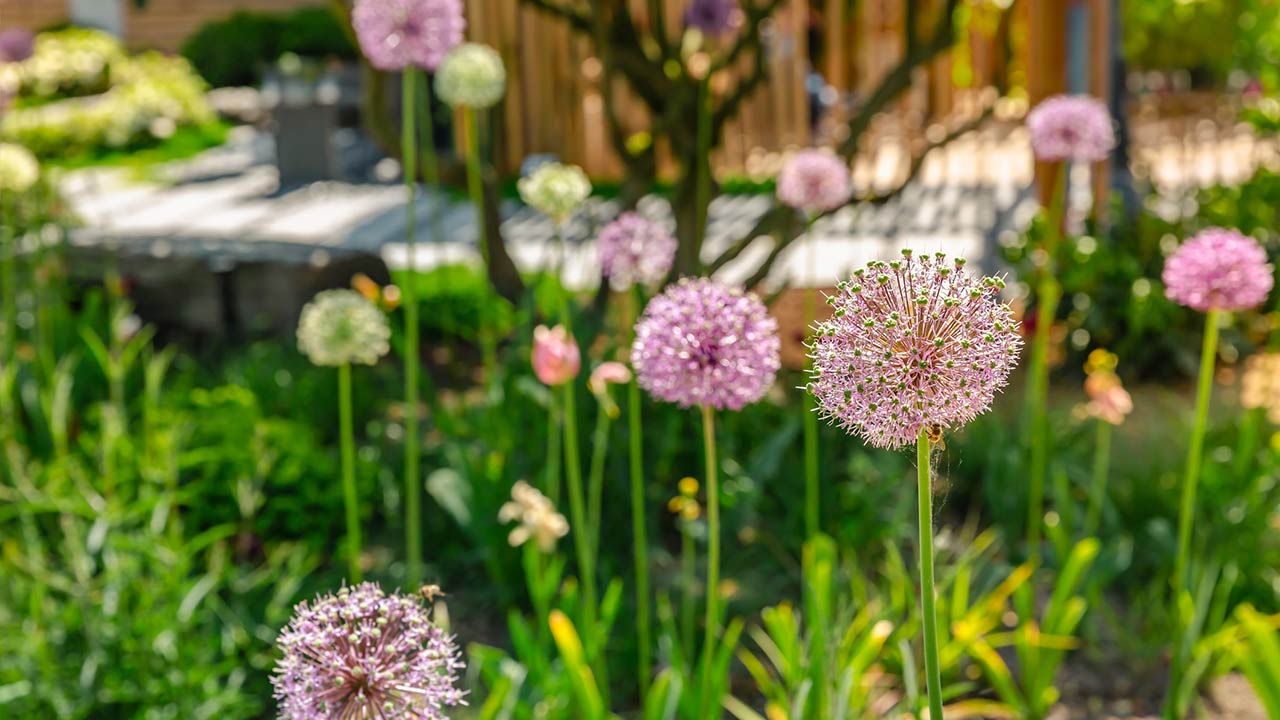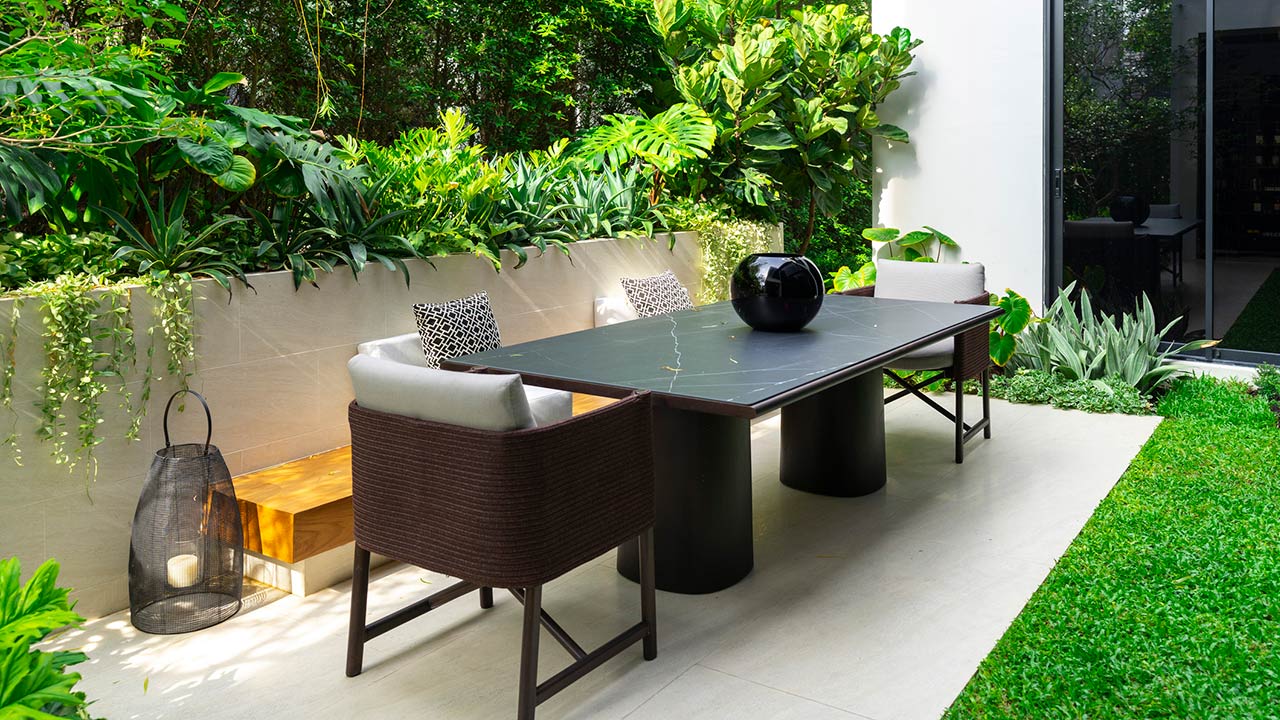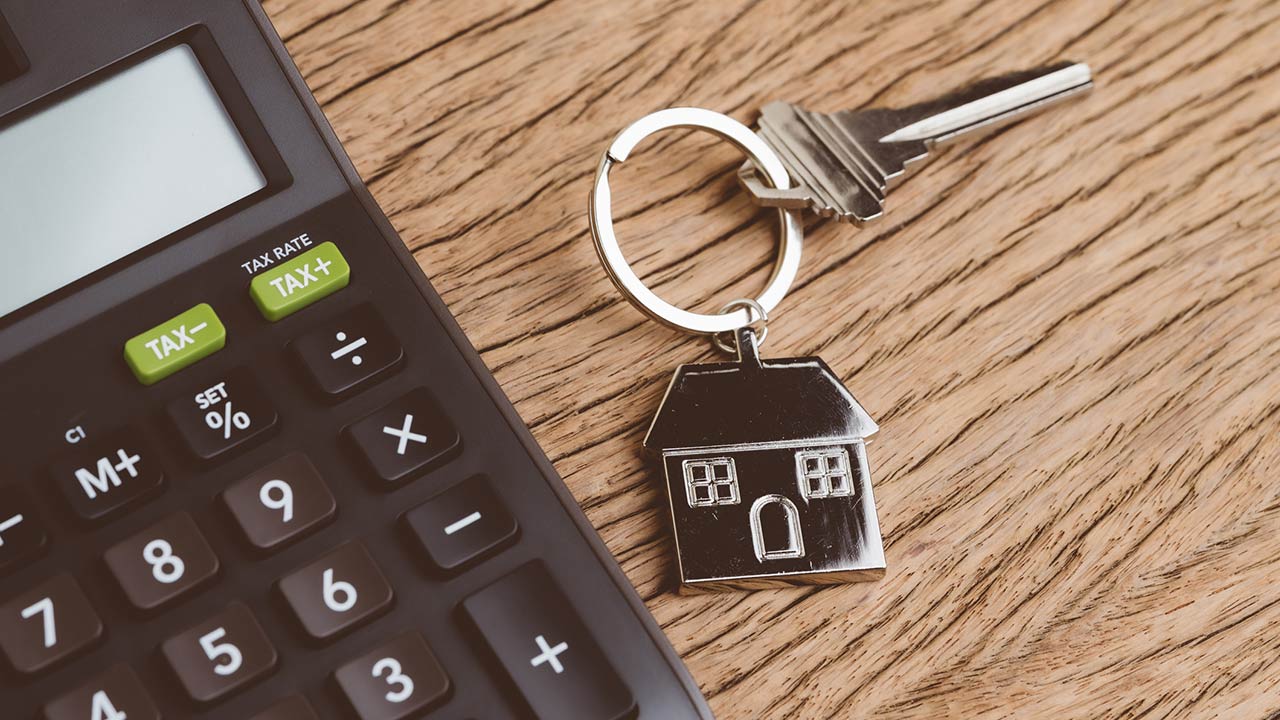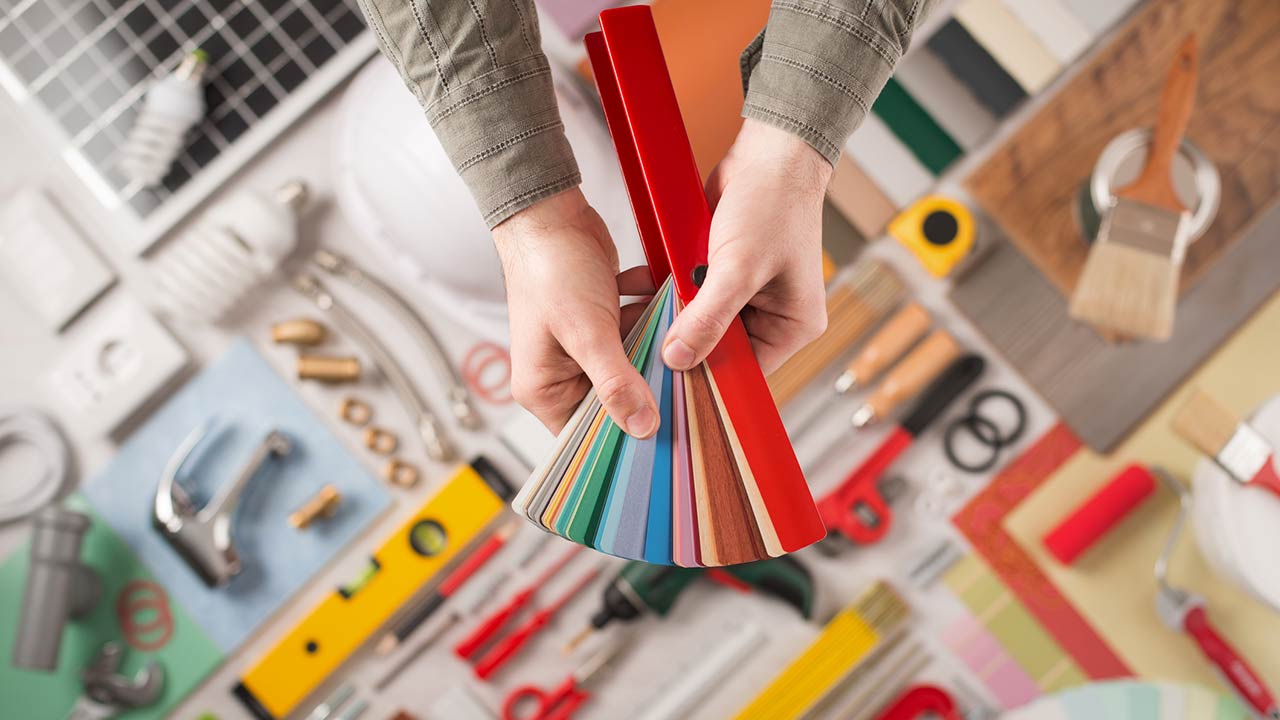Avoid These 6 Mistakes When Building Your Home!
Building a new house is a lot more than just erecting a few walls and filling in all the details. It’s a great way to build around what you want, and how you want to live. But constructing a new house starts way before you even pour the foundation. You have to spend the time necessary figuring out what will work, and what won’t.

To make sure your new home turns out the way you really want it to, make sure to avoid the following 7 costly mistakes.
1. Not Giving Enough Attention to Adequate Space Planning
There’s no denying the importance of proper space planning when you’re building a home from scratch. Unless your house is going to be a behemoth, you really need to think carefully about how every square foot is going to be used.

Do you have enough storage space? Is your master bedroom walk-in-closet way too big? Do you need a closet in the front foyer? Do you have use for a mudroom? There are plenty of spaces and rooms that are simply not needed, or aren’t going to be used very much. On the other hand, there are spaces that you and your family absolutely need, and would get a ton of use out of. Make sure that you accommodate for needed rooms, and cut back on rooms that you’ve got little use for.
2. Poor Placement of the Laundry Room
There is no right or wrong answer here. Instead, where you place your laundry room is a highly personal decision. What may be very convenient for one person may be a pain for another.
One thing is for certain – having your laundry room as close to your bedrooms as possible is highly practical, as it shaves off the distance needed to put all the clothing away. However, just be sure that it’s not too close, as you don’t want to wake up the family on an early Saturday morning from the racket being made by running the washer and dryer.
3. Building Rooms That Are Under-Utilized
A lot of home builders have idealistic ideas about adding a home gym or play room to their new house, then rarely ever use them once the construction is finished. You should only plan to build a room that will actually be used.
There’s no use in building a gym where the stationary bike and treadmill are only going to be used to hang your laundry. Many times rooms that are rarely or never used wind up being the dumping ground of a home. If you do plan on building a specific spare room, be sure that it will be able to be easily transitioned from one function to another. You might not using your sewing room very often, for example, but if it can quickly double as a guest room, it’ll be used a lot more often.
4. Bad Lighting
Your home should have plenty of outlets and light fixtures to illuminate the place, and that goes for the exterior as well. Lighting that needs to be pre-wired should be part of the design plan. It’s a lot easier to account for the wiring before the drywall has been installed than to make a mess all over again when installing them after the fact.
Pot lights, for instance, are great options to illuminate a home, but should be installed as part of the overall construction project. When placed on dimmers, they can give off just the right amount of light that you see fit.
Consider all the different types of lighting that you think your home will need so your electrician can pre-wire the home to accommodate for fixtures. In addition, natural light should also be used as much as possible, which means installing large windows where space permits.
5. Not Giving Enough Thought to the HVAC System
Lack of planning when it comes to your home’s HVAC system could lead to moisture issues, as well as a dangerous mold problem. Not only would this issue be difficult and expensive to fix, it can also lead to serious health concerns.
The size of the units is also a factor that needs attention. Models that aren’t big enough will not perform up to par, and will therefore not be able to heat or cool your home effectively. You’ll really regret this when your home is far too chilly in the cold winter months, and not cool enough during the sweltering summer months. On the flip side, units that are too large will simply use up too much energy, which will only cost you more in the long run.
6. Putting the Bedrooms Too Close to Busy Areas
Ideally, your bedrooms should be situated as far away from busy, central areas of the home that tend to get quite noisy. If you’re building a bungalow, place the bedrooms at the far end of the house, and further away from the garage.
Bedrooms should not share a wall with rooms that get a lot of traffic, if possible. If you’ve got young children, their bedrooms should probably be furthest away from noisy living areas so that they aren’t awakened by every little sound after you’ve put them to bed.

Poor planning can easily lead the way to some inconvenient and disastrous mistakes. If you’re planning on constructing a new house, you’ve got to look at it from a variety of angles. Consider your current and future lifestyles, and take the time needed to do your research. Meet with industry professionals, such as architects, builders and realtors who are all trained and experienced to help you make the right decisions when building a new home.








